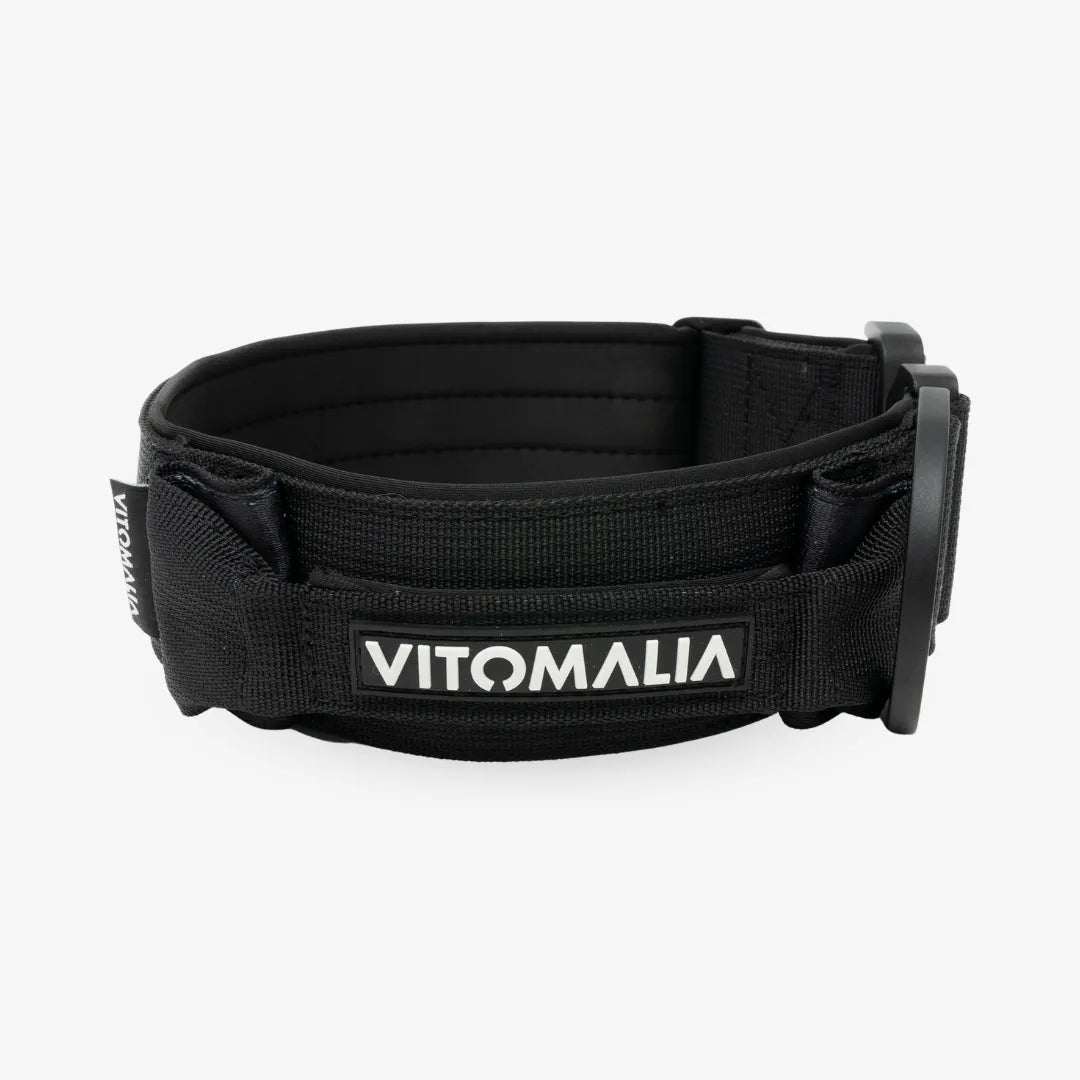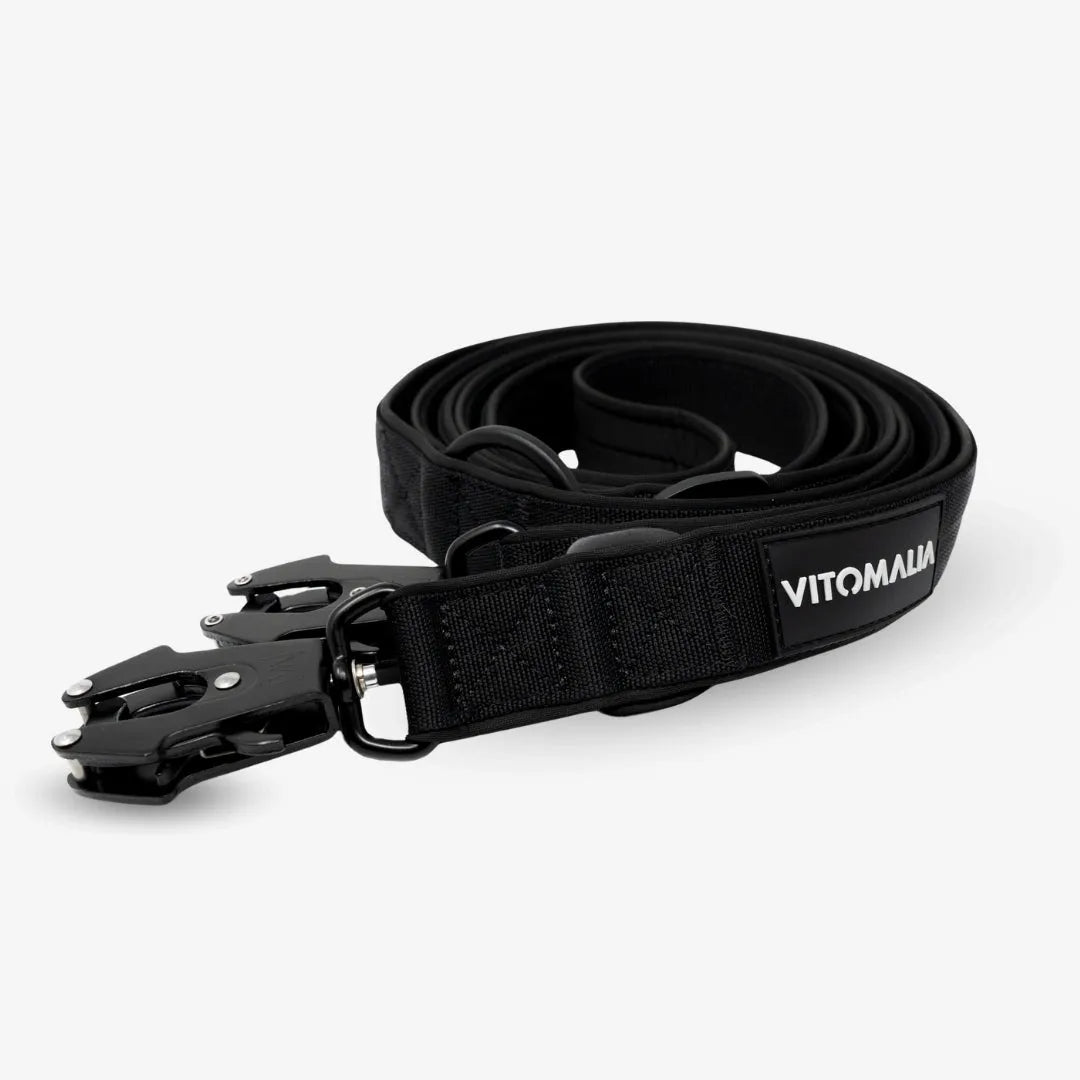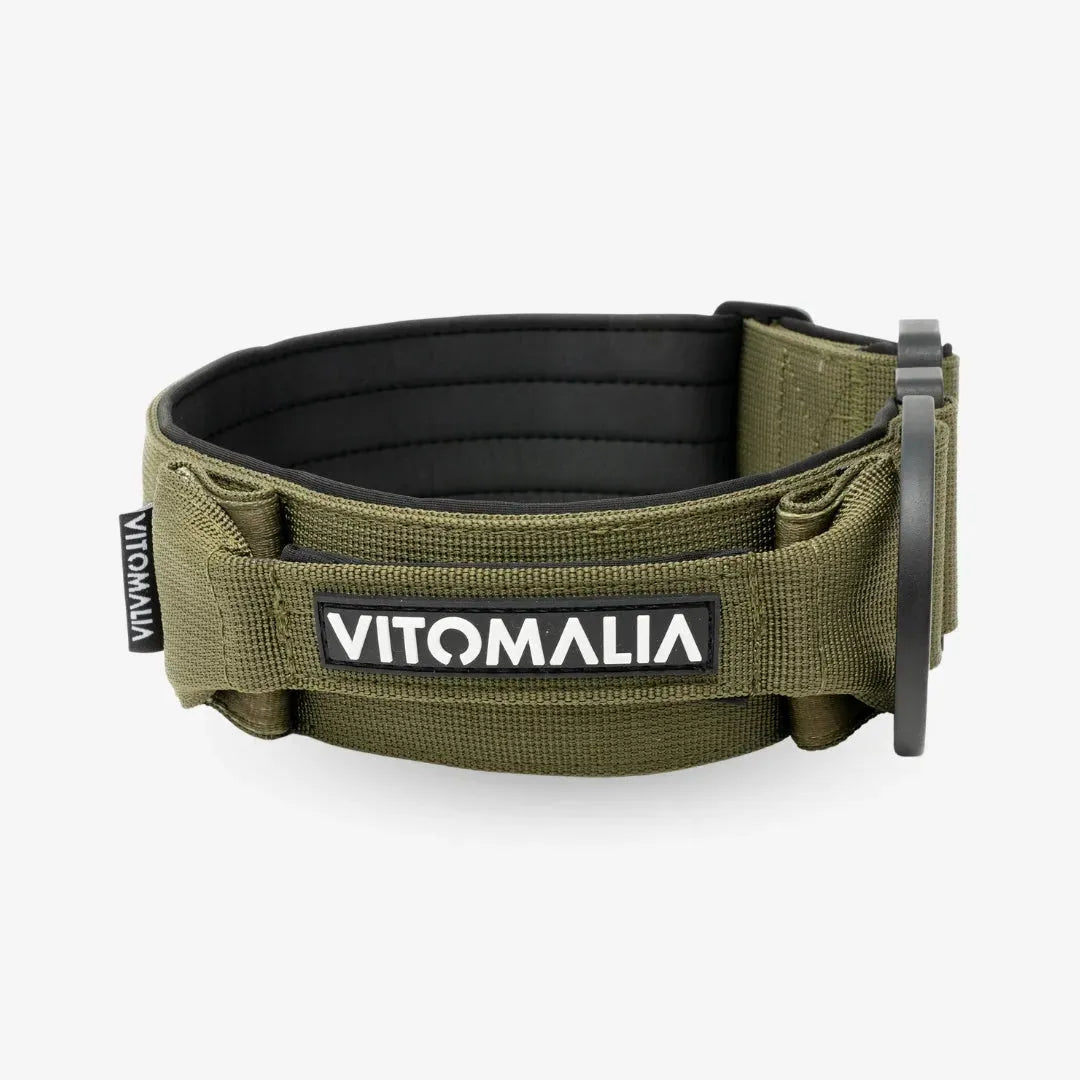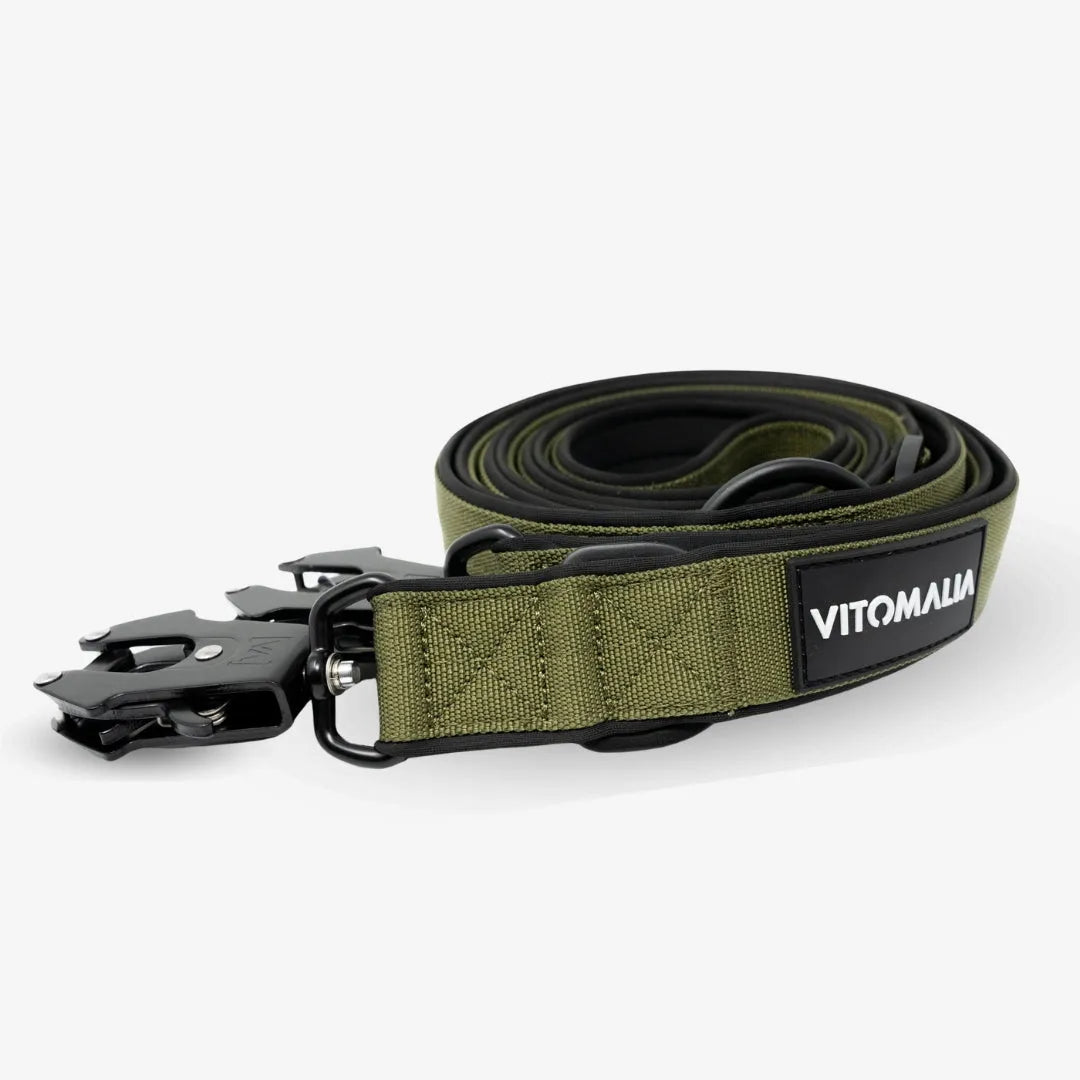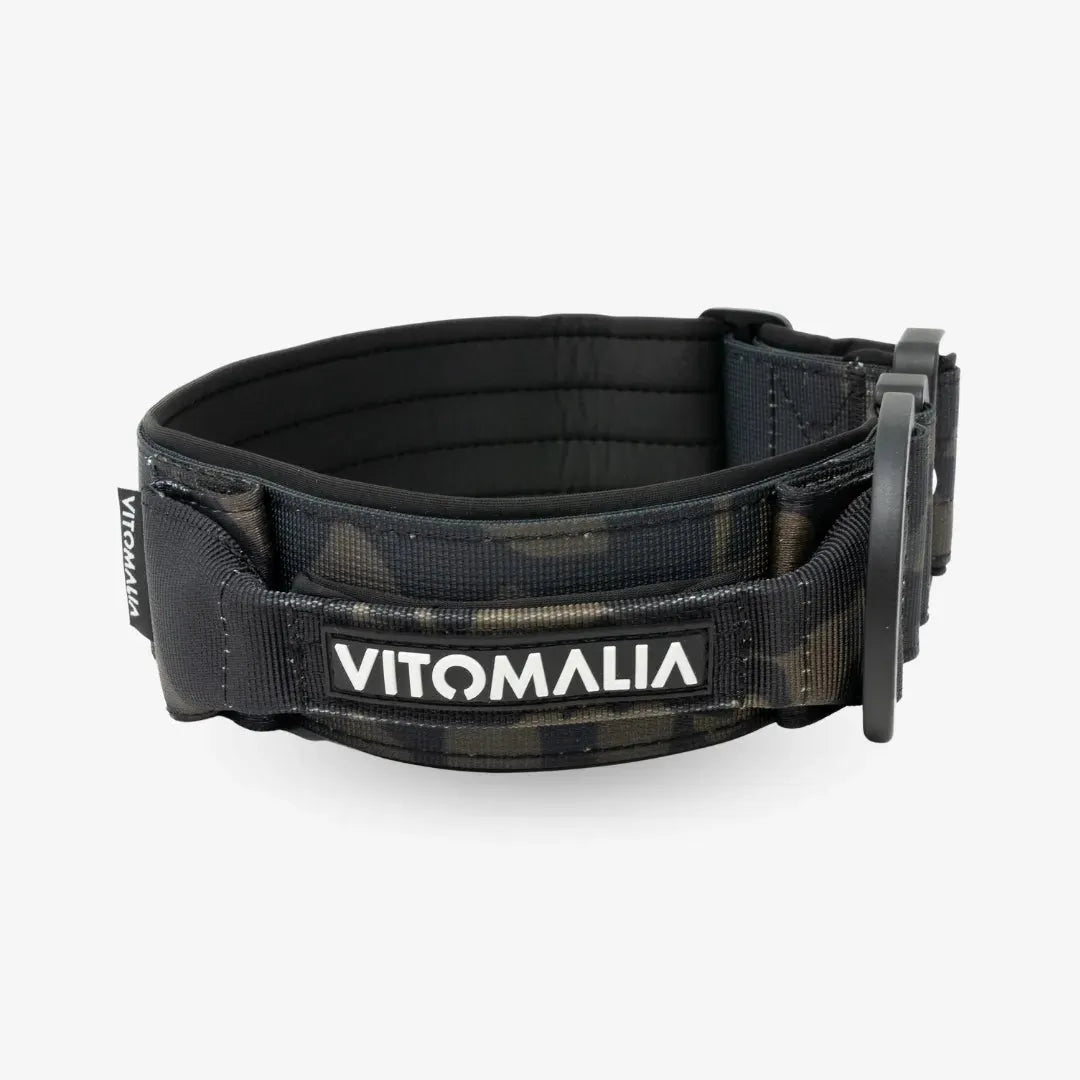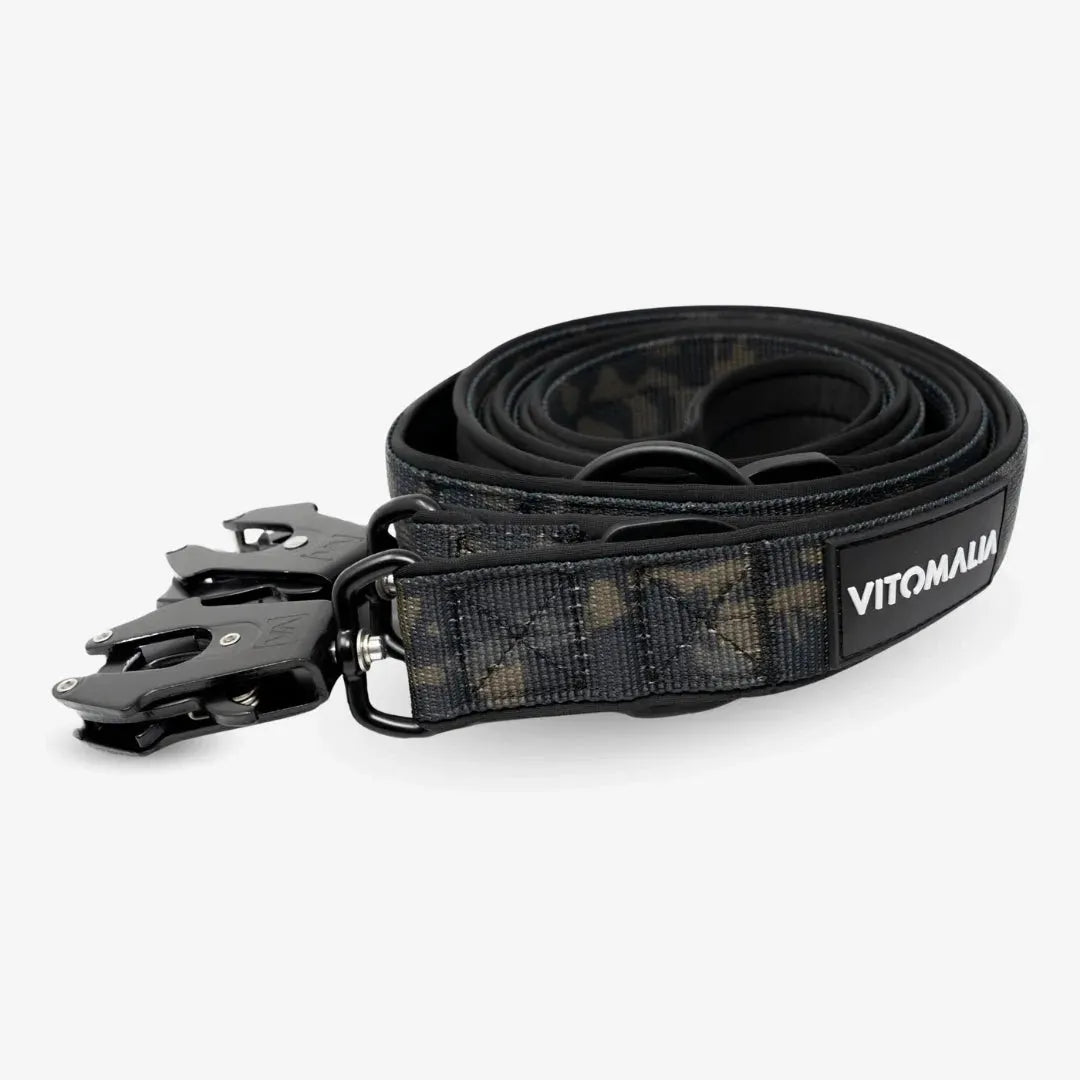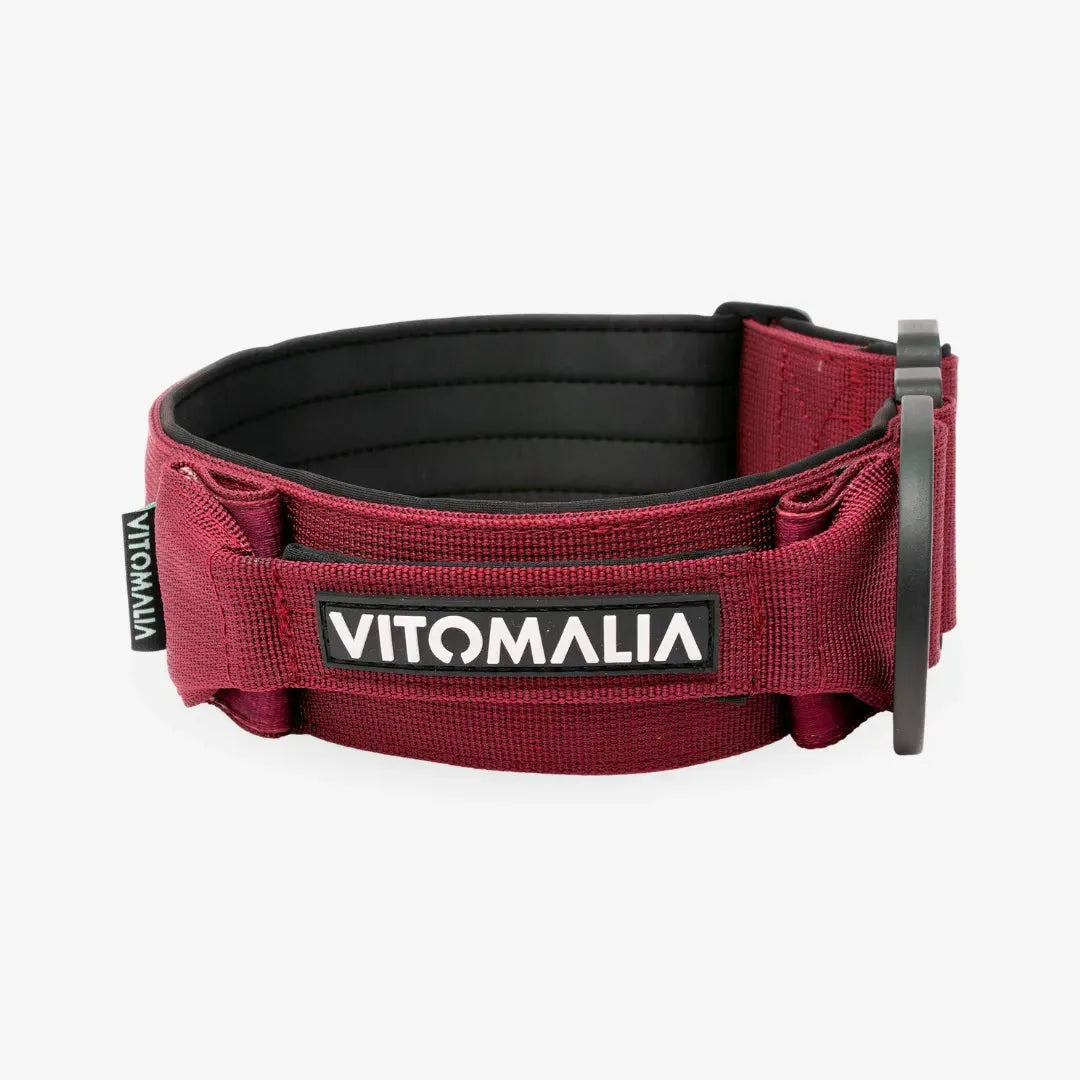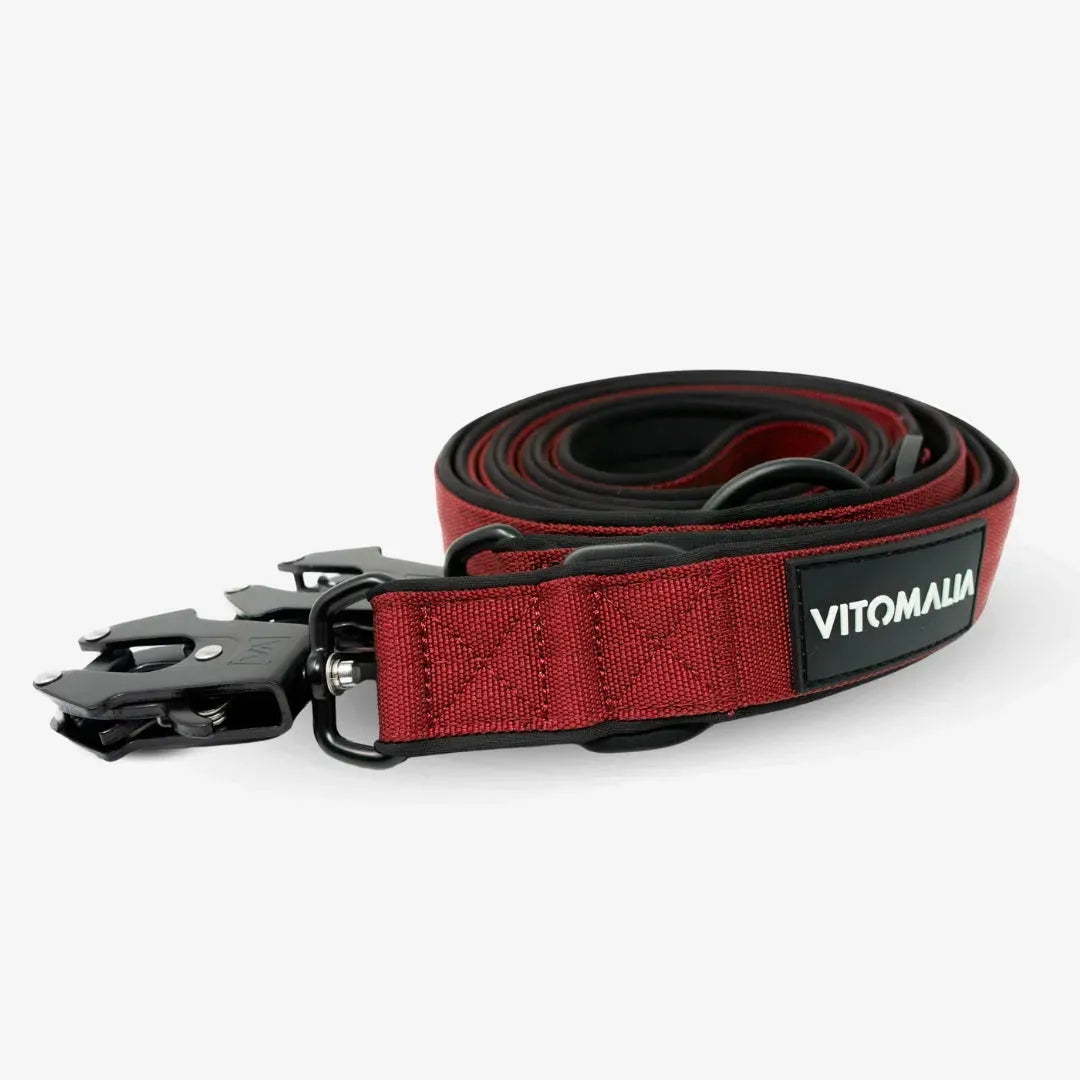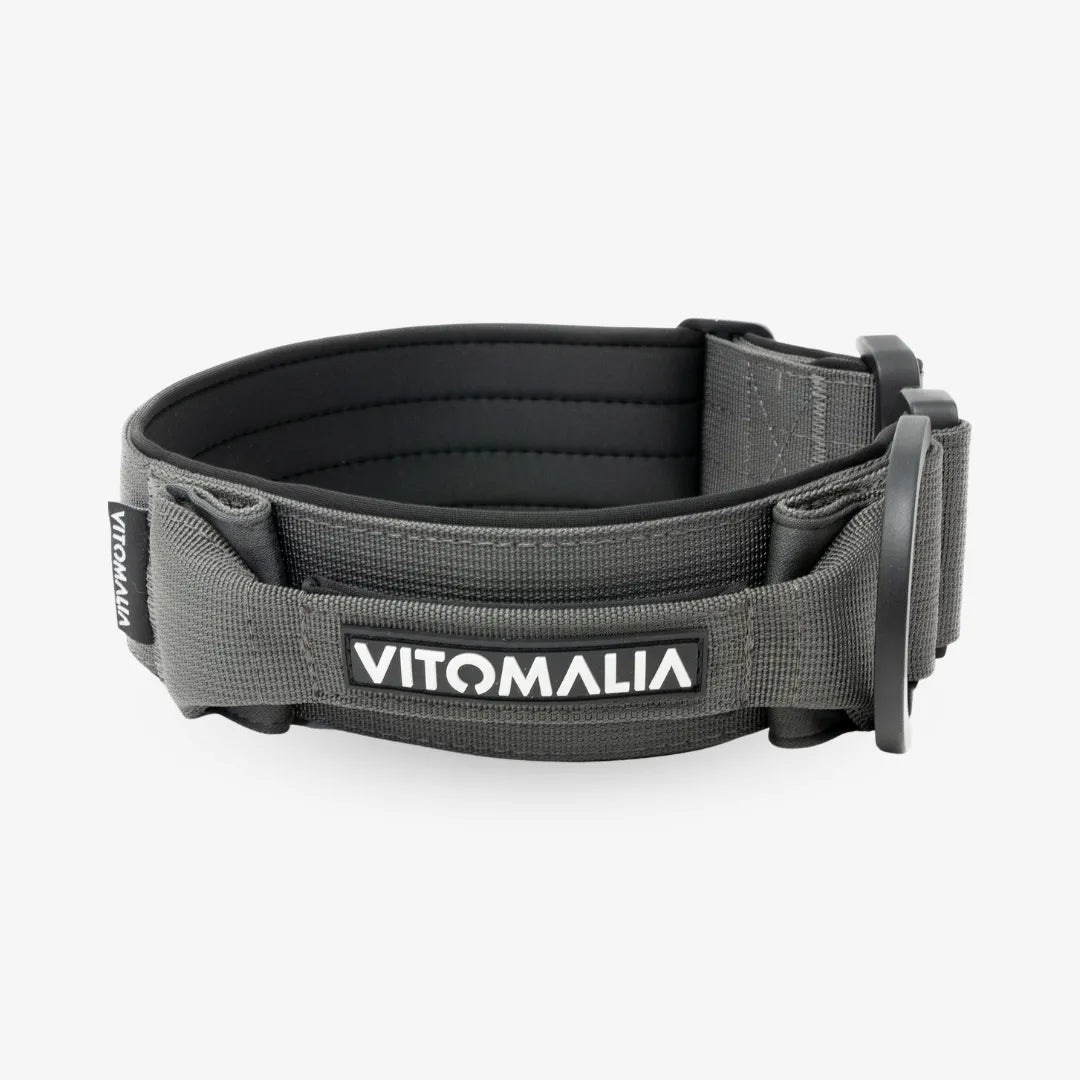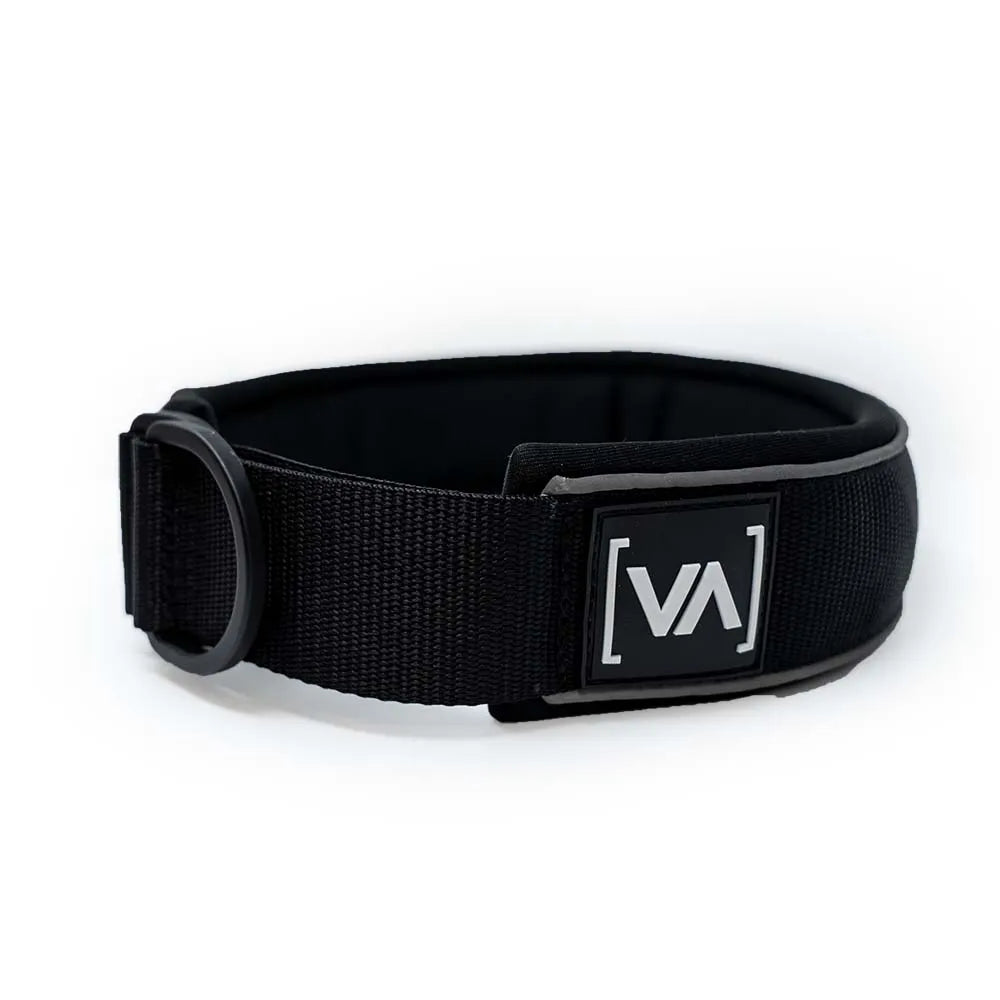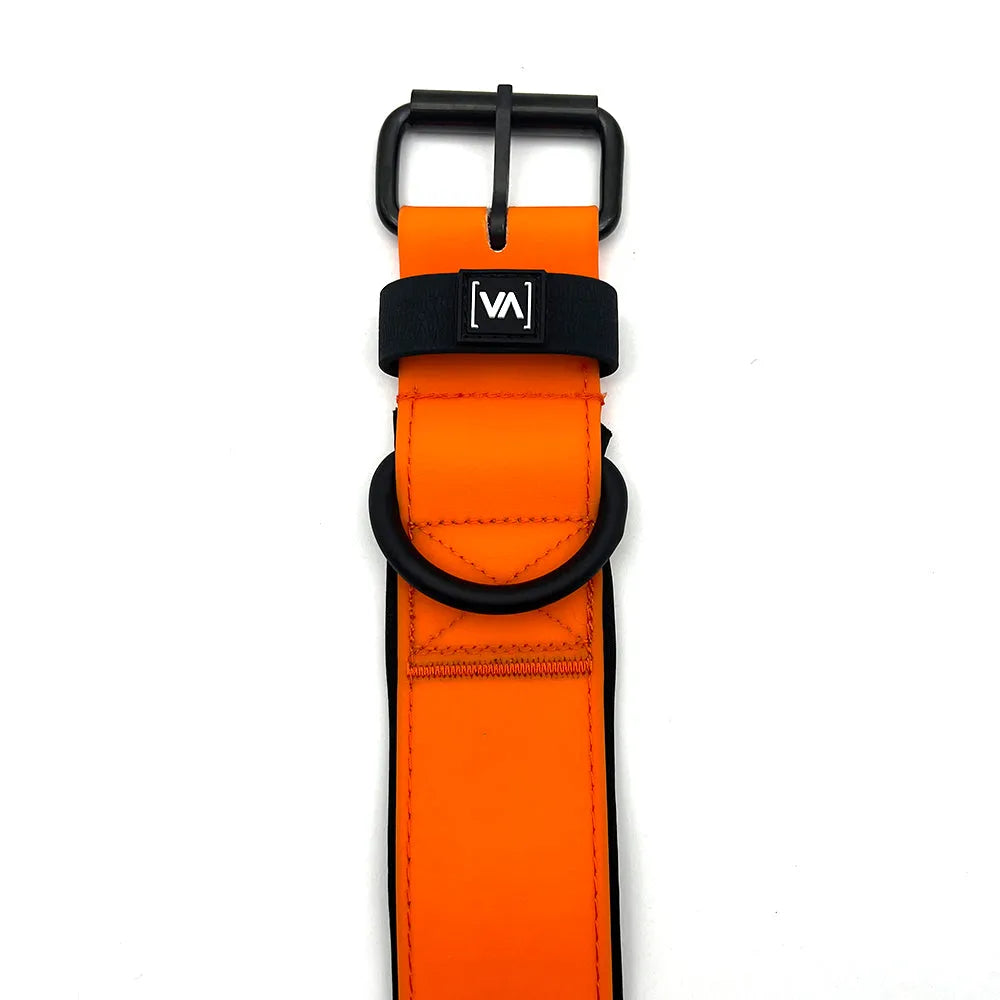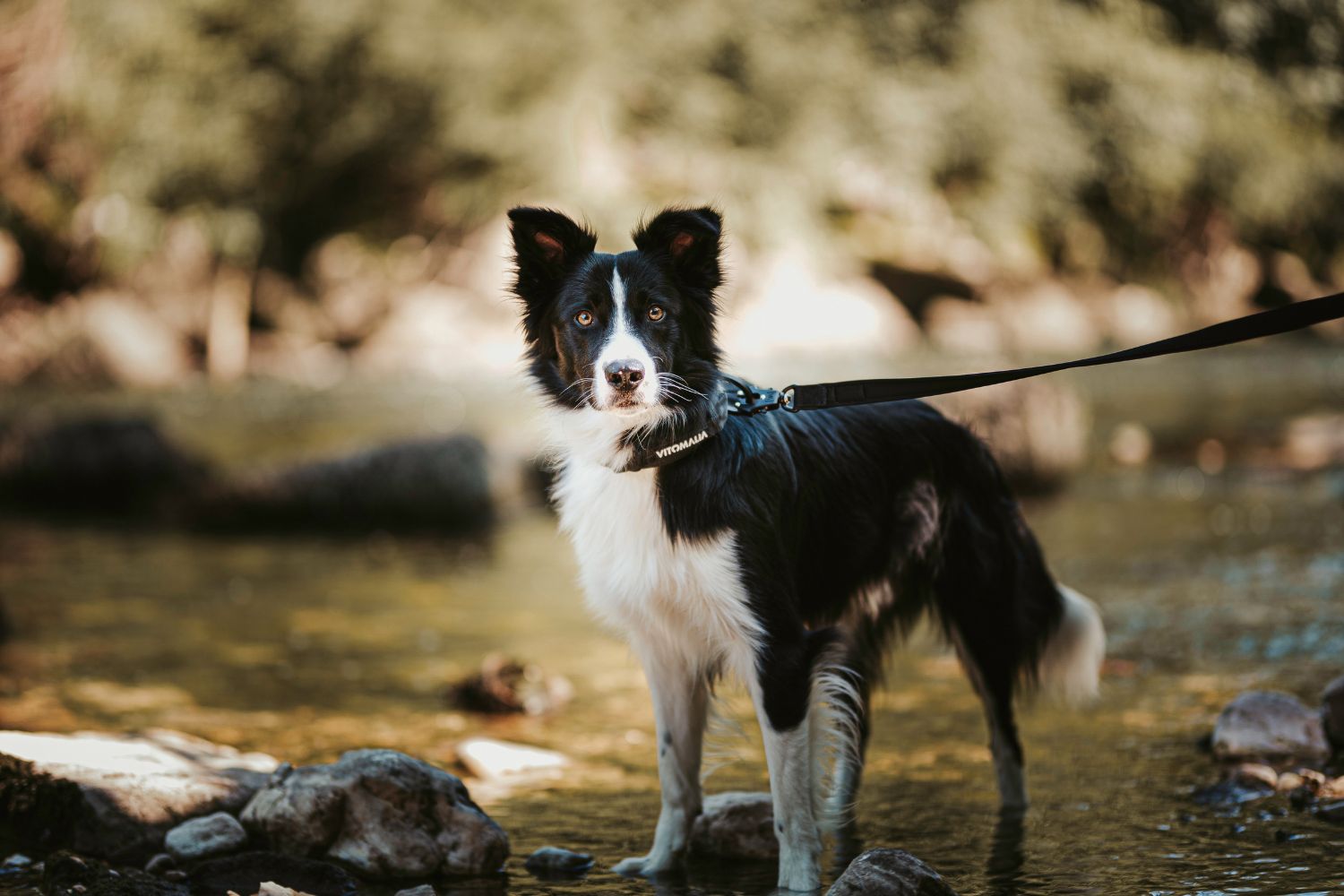
Extreme Edition
More security
The Extreme Edition Dog Collar has an extremely sturdy hard aluminium buckle that can only be opened by pressing the two catches at the same time, making the Collar doubly secure.
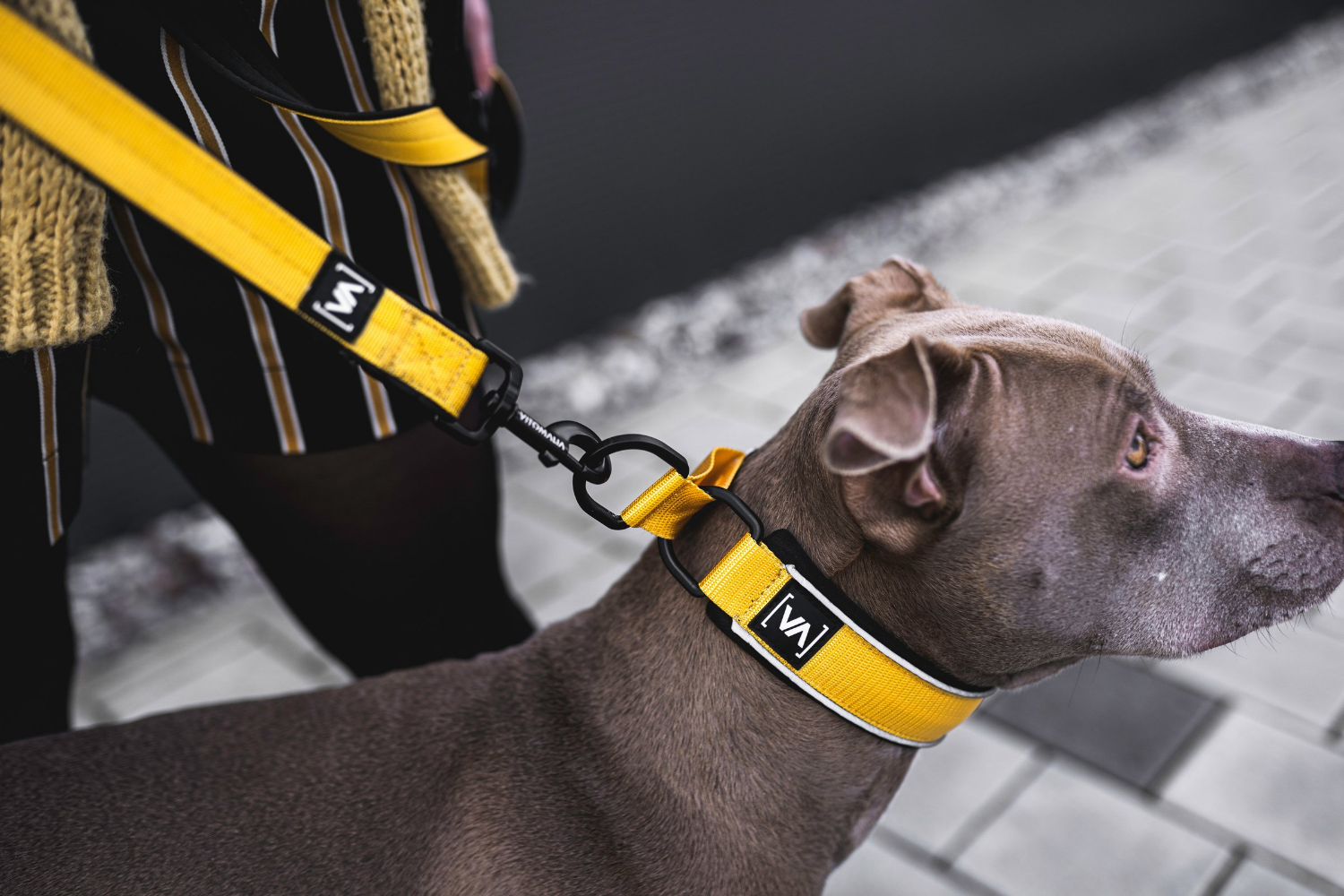
Easy Go Edition
Pull stop Collar
Our Easy Go pull stop collar is particularly wide and has a very soft and gentle inner lining. This Collar is very light and robust.
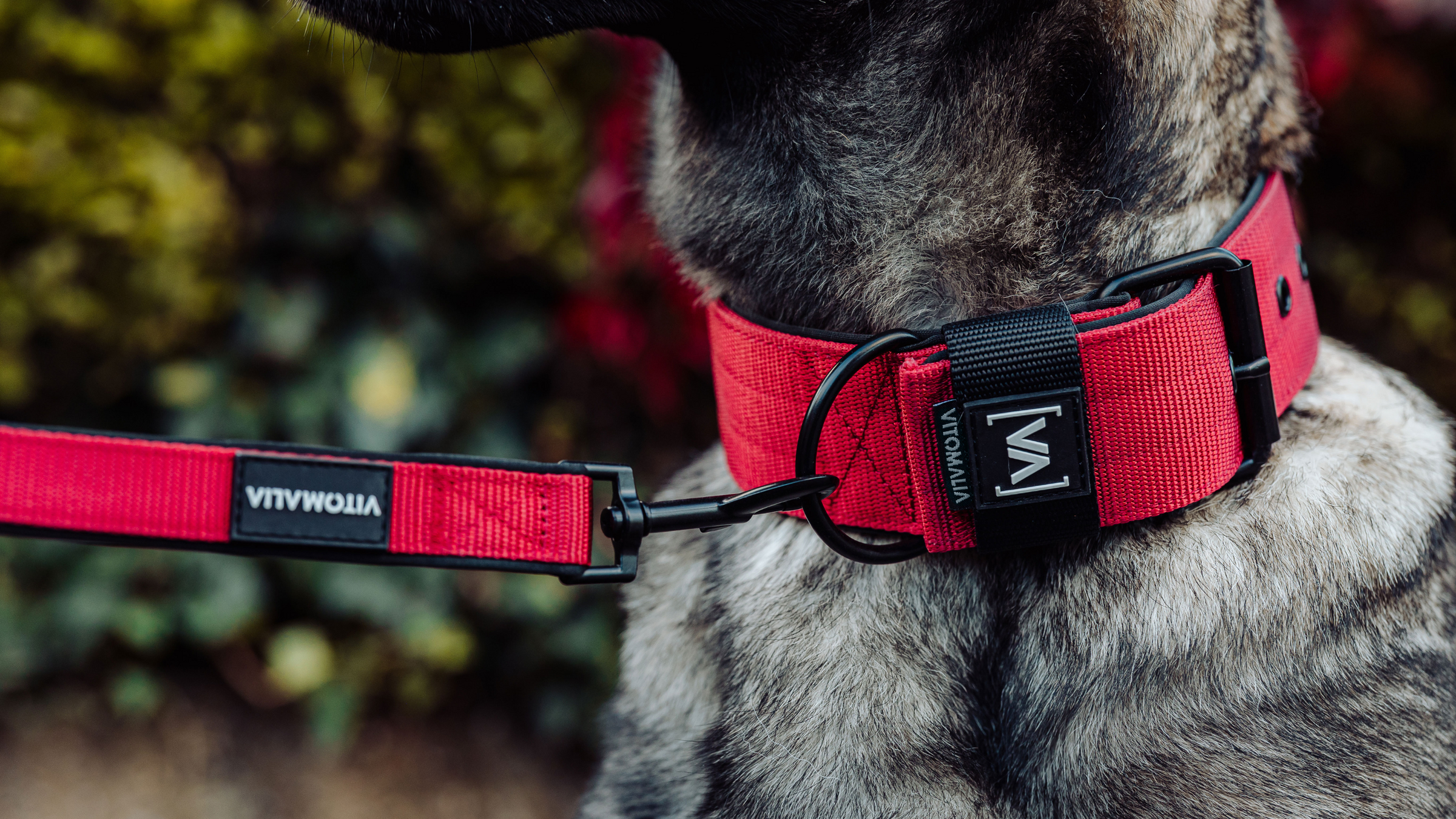
Restock
Classic Edition available again
Our Classic Edition is now back in stock and we have an exciting new colour option for you: Bordeaux. Grab it while stocks last and secure this brand new colour.
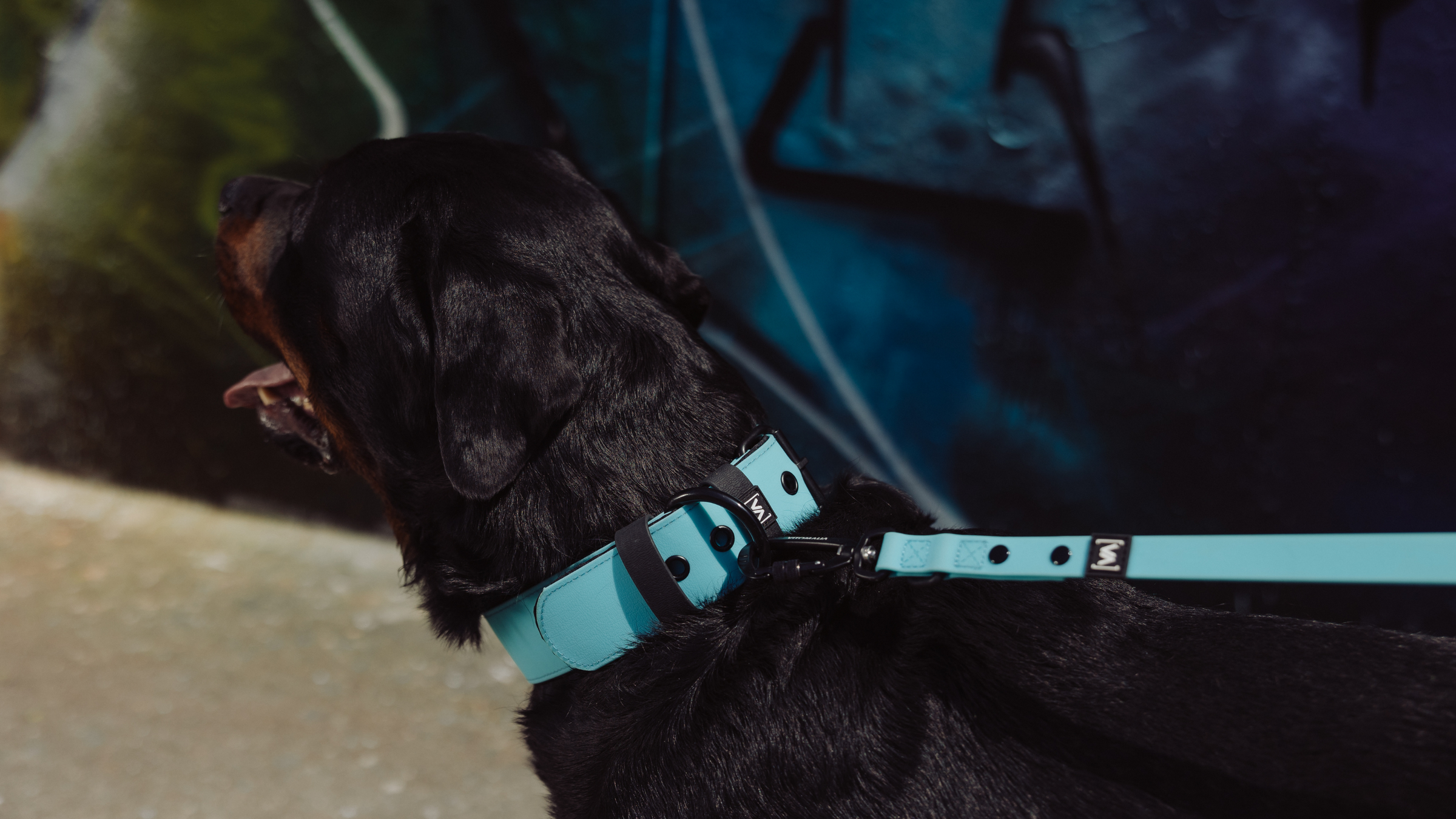
Aqua Edition
Water-repellent & inner lining
The HydroTex rubber water collar combines comfort, durability and functionality for dogs with a water-repellent and non-slip surface. It prevents chafing, is easy to clean and offers an optimum fit thanks to variable widths.






































